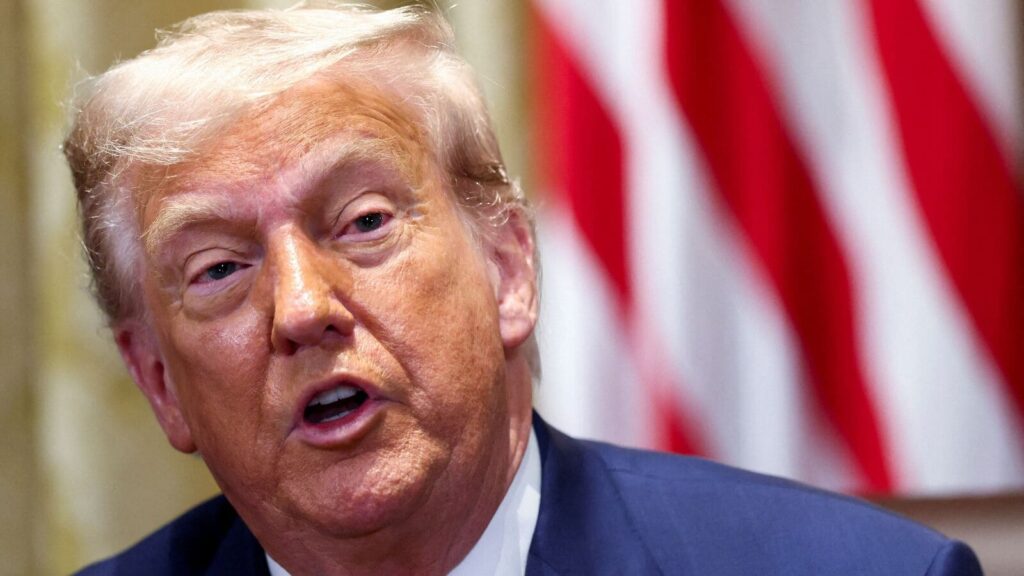In a surprising twist to his hardline immigration stance, US President Donald Trump has introduced a new “work programme” allowing farmers to vouch for undocumented migrant workers on their land, potentially shielding them from deportation.
The policy, which critics say marks a stark departure from Donald Trump’s vow of mass deportations, has triggered divisions within his MAGA base and renewed debate over America’s labour needs and immigration reform.
Speaking at a rally in Iowa alongside Homeland Security Secretary Kristi Noem and Agriculture Secretary Brooke Rollins, US President Donald Trump hinted at the new direction:
“If a farmer’s willing to vouch for these people, in some way, Kristi, I think we’re going to have to just say that’s going to be good, right?”
Donald Trump expanded on the ‘work programme’ plan during a Cabinet meeting, adding, “We are doing a work programme” to “give the farmers the protection they need.”
The move will also streamline the H-2A visa programme, which enables US employers to hire foreign nationals for temporary agricultural jobs.
But while Donald Trump insists this is not “amnesty,” critics argue the exceptions could undermine his pledge to carry out “the largest mass deportation operation in history.”
According to the Department of Agriculture, 40% of farm workers in the United States are undocumented. Many of these individuals have worked in the country for years, filling essential roles in agriculture, construction, and hospitality.
Aaron Heley Lehman, President of the Iowa Farmers Union, welcomed the shift, saying: “There’s room for a solution that will help our farms, help our communities, and be fair to workers — but it’s really hard to find that space at the moment.”
However, right-wing commentators were quick to condemn Trump’s ‘work programme’ policy. Laura Loomer criticised Secretary Rollins for “not supporting Trump’s America First agenda,” while Charlie Kirk warned: “If you want to break our coalition, go and push amnesty.”
Muzaffar Chishti, Director at the Migration Policy Institute, questioned the contradiction in Trump’s agenda:
“He wants to have 1 million people a year deported. They are doing everything they can to go after the lowest hanging fruit — but even then, it’s proving difficult.”
Whether Donald Trump’s “farm-first” approach will succeed in balancing his mass deportation from US goals with labour demands remains to be seen. But one thing is clear: this policy shift has stirred fresh controversy at the heart of Donald Trump’s immigration playbook.

